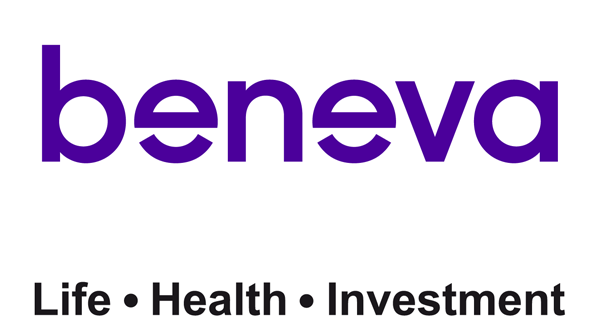News
Happy holidays!
As the holiday season begins, FADOQ extends its warmest wishes to you. May this ti...
Right before retirement is not when you want to be forced to dig into your savings in order to pay for health care or other expenses resulting from a critical illness. Critical illness insurance is an excellent solution to keep your retirement plans on track.
The good news is that advancements in the medical field are making it possible for more and more people to survive their critical illness.
The bad news is that a diagnosis is not without impact. It can affect your lifestyle and hinder your ability to cover your financial obligations. Without critical illness insurance, you could be on the hook for some of your medical expenses, not to other costs associated with your recovery.
Forget the numbers, let’s look at age.
The trend is fairly easy to see.
If you’re still at work,
you still have access to your group plan’s disability insurance benefits. However, these benefits amount to a percentage of your salary. This can be enough in certain situations, but not necessarily for a critical illness.
And if things really don’t go according to plan, then you would have to consider postponing your retirement.
The objective of critical illness insurance is to provide an insured who is diagnosed with a covered critical illness (and able to fulfill the 30-day survival period) with a tax-free lump sum amount to be used as the person sees fit.
For instance, you might want to…
Without insurance, the answer is to pay out of pocket for them.
Basic critical illness covers the three most common ones: cancer, heart attack and stroke.
Enhanced critical illness covers an addition 22 illnesses, including Alzheimer’s and Parkinson’s.
As always, talking to a financial security advisor can help you make a well-informed decision.
*Beneva designates Beneva Inc., Financial Services Firm.
